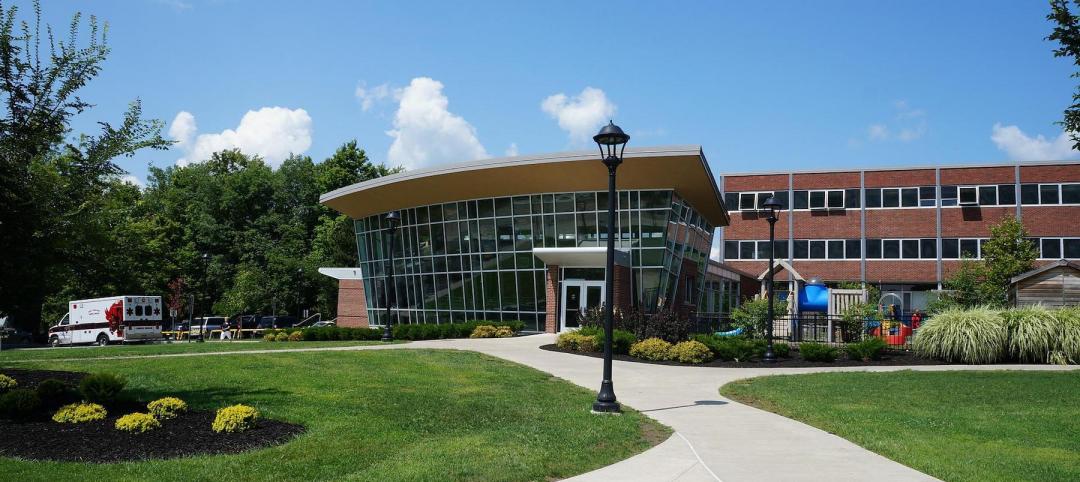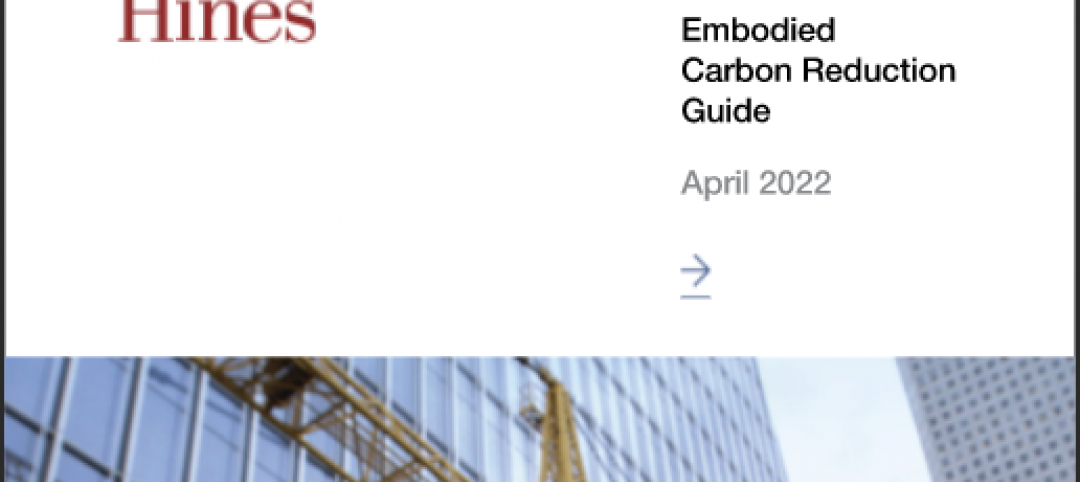New building codes in Washington state intended to protect structures from wildfires are provoking backlash from builders, cities, and environmentalists.
Critics charge that the rules that are scheduled to take effect March 15 are confusing, will increase housing costs, and could cause too many trees to be cut down. The law’s guidelines apply to new construction and remodels, and require roofs, siding, decks, doors, windows, and other parts of homes to be made from fire-resistant material.
The law also requires “defensible space” between a structure and the surrounding vegetation. Defensible space ranges from 30 to 100 feet, depending on factors including building materials, water availability for firefighting, and road access near the structure. Trees planted in the defensible zone must be at least 10 feet apart and 10 feet away from structures.
Opponents say that the map that guides which areas are subject to the new rules includes too many places that are actually low risk. A building industry group estimated the new rules would add at least $4,300 to the cost of a home.
Related Stories
Codes and Standards | May 12, 2022
Solar industry creates non-profit to remove barriers to clean energy deployment
The Solar Energy Industries Association (SEIA) is launching a 501(c)3 non-profit organization to accelerate the transition to carbon-free electricity.
Green Specifications | May 12, 2022
MG2’s Sustainable Materials Evaluation System
Learn how MG2’s Sustainable Materials Evaluation System helps clients, prospects, and staff choose the most environmentally feasible materials for their building projects. Candon Murphy, LEED GA, Assoc. IIDA, Design Lab Manager and Materials & Sustainability Specialist with MG2, speaks with BD+C Executive Editor Rob Cassidy.
Esports Arenas | May 11, 2022
Design firm Populous partners with esports company on digital art NFT collection
Design firm Populous and multidiscipline esports organization Kansas City Pioneers have partnered on a five-part NFT collection.
Market Data | May 10, 2022
Hybrid work could result in 20% less demand for office space
Global office demand could drop by between 10% and 20% as companies continue to develop policies around hybrid work arrangements, a Barclays analyst recently stated on CNBC.
Standards | May 9, 2022
New GSA standards set carbon limits on building materials for all major projects
New General Services Administration standards place limitations on high carbon-emitting building materials for all major projects under the GSA umbrella.
Higher Education | May 5, 2022
To keep pace with demand, higher ed will have to add 45,000 beds by year-end
The higher education residential sector will have to add 45,000 beds by the end of 2022 to keep pace with demand, according to a report by Humphreys & Partners Architects.
Legislation | May 4, 2022
Washington is first state to mandate all-electric heat for new large buildings
Washington recently became the first state to require all electric heat for new buildings.
Sponsored | Healthcare Facilities | May 3, 2022
Planning for hospital campus access that works for people
This course defines the elements of hospital campus access that are essential to promoting the efficient, stress-free movement of patients, staff, family, and visitors. Campus access elements include signage and wayfinding, parking facilities, transportation demand management, shuttle buses, curb access, valet parking management, roadways, and pedestrian walkways.
Codes and Standards | May 3, 2022
American Institute of Steel Construction updates environmental product declarations
The American Institute of Steel Construction has released updated environmental product declarations (EPDs) “to help designers and building owners design more environmentally friendly buildings and bridges,” according to an AISC news release.
Codes and Standards | May 2, 2022
Developer Hines, engineer MKA develop free embodied carbon reduction guide
Real estate management and investment firm Hines has released the Hines Embodied Carbon Reduction Guide. The free guide, produced with Magnusson Klemencic Associates (MKA), is the result of a two-year effort, relying on MKA’s industry-leading knowledge of carbon accounting and involvement in programs such as the Embodied Carbon in Construction Calculator (EC3) Tool.

















